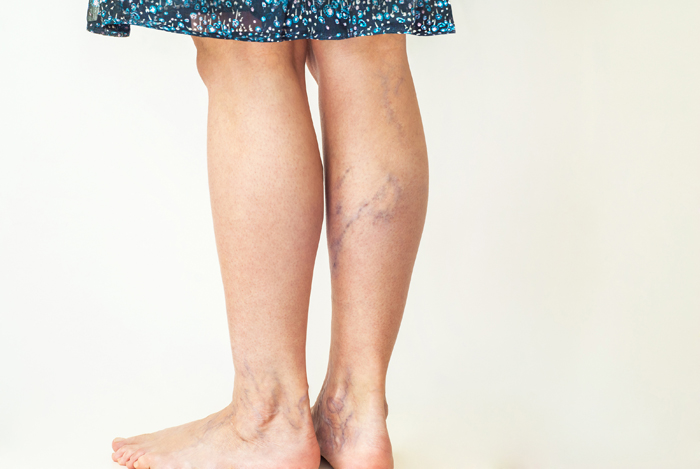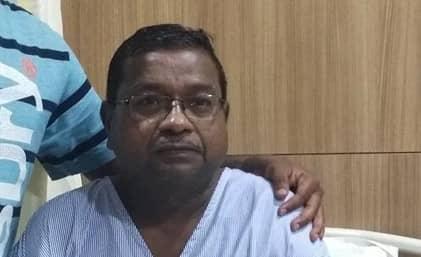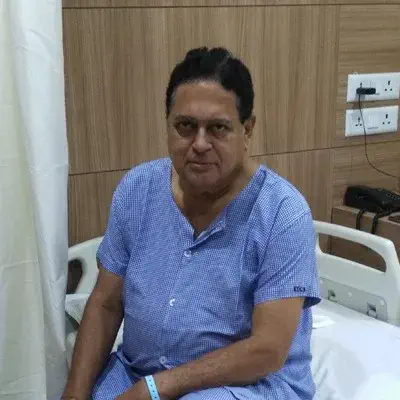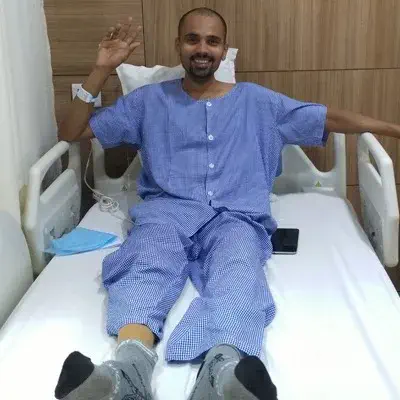Vascular Surgery
Vascular surgery is a set of procedures or surgeries that can treat any disorder or injury to the arteries and veins in your body. If you experience symptoms that may need vascular surgery, you can visit your nearest vascular surgery hospitals in Tardeo, Mumbai to know more about this treatment.

What is Vascular Surgery?
Our body comprises several blood vessels like arteries and veins. These arteries and veins help transport blood to different parts of our body. Any injury or trauma to the arteries or veins may impair its capacity to transport blood and lead to several complications.
Vascular surgery treats any disorder of the arteries or veins. The surgery can be performed on the aorta, or the blood vessels present in the neck, stomach, pelvis, legs, arms, or back. However, it cannot be performed on the vessels in your heart and brain.
Visit your nearest vascular surgery hospital in Tardeo to undergo this treatment.
What Symptoms may indicate the need for Vascular Surgery?
The various symptoms that may indicate a need for vascular surgery are:
- Mild to severe pain in the legs, arms, abdomen, or neck
- A constant swelling, aching, or discolouration in your legs or other parts of the body
- Slow healing of wounds
- Development of ulcers in the affected area
- Blurred vision
- Mental confusion
- Constant tingling, numbness, or weakness on one side of your body
- Clotting of blood
In the beginning, the symptoms may be mild and you may not notice them. However, they may gradually become severe and make it difficult for you to walk or sleep at night.
If you notice any of the symptoms mentioned above, consult the best vascular surgeons in Mumbai for immediate treatment.
What are the Causes of Vascular surgery?
Vascular surgeons perform vascular surgery when an artery or vein leaks, or fails to pass blood. Some of the common reasons behind it are:
- Weakening of the artery walls (Aneurysm)
- Severe diabetes
- High blood pressure
- Trauma or injury to the arteries or veins.
- Blood clots in the arteries or veins dissolve with medications.
- Internal bleeding or haemorrhage
- Vein diseases like deep vein thrombosis or varicose veins
- Artery diseases like carotid artery diseases or peripheral arterial diseases.
When to see a doctor?
Consult a doctor if you experience constant pain in your arms, legs, neck, or abdomen as it may be a sign of vascular disease. You should also visit a doctor if you have diabetes, blood pressure, or have recently survived any trauma or accident.
You can request an appointment at Apollo Spectra Hospitals, Tardeo, Mumbai.
Call 1860 500 2244 to book an appointment.
What are the risks involved in vascular surgery?
Vascular surgery is a safe procedure and rarely leads to any complications. However, some of the risks that are involved in this surgery are:
- Bleeding
- Infection of the graft
- Increased risk of heart attack or arrhythmia
- Injury to the surrounding organs
- Decreased or loss of blood flow through your legs
How are vascular diseases treated through surgery?
Vascular surgery can be performed using two techniques. They are:
- Endovascular surgery: An endovascular surgery is usually performed if the vascular disease is minor and the vein is not required to be open. In this procedure, the surgeon will make a small incision and will insert a wire along with a catheter in the artery or vein that needs to be treated. The catheter will be equipped with a graft for aneurysm repair or a balloon for angioplasty or stenting.
- Open vascular surgery: For more advanced cases, open vascular surgery may be considered. In this procedure, the surgeon will make an incision on the affected site and open or remove the damaged artery or vein. After the surgery, the incision will be stitched and tubes will be placed to collect the fluid from the surgical site.
Conclusion
Vascular surgery is one of the most commonly performed surgical procedures. It is the best surgical method to treat several vascular diseases. It is also safe and rarely leads to any complications. Consult your vascular surgeon if you have any doubts before the surgery and go for checkups regularly after surgery to ensure proper recovery.
Yes, several measures may help prevent vascular diseases. They are:
- Exercising regularly
- Managing health conditions like diabetes or blood pressure
- Not smoking
- Going for regular checkups
No. In most cases, the surgery is done using local anaesthesia. Visit the best vascular surgery doctor in Tardeo, Mumbai for a pain-free transplant.
It will take 5 - 10 days in the hospital and about three months to recover at home from vascular surgery. Visit a vascular surgeon in Mumbai for more information.
Our Patient Speaks
My name is Anil Waghmare and I underwent a treatment under Dr Shoaib Padaria at Apollo Spectra Hospital. The staff at Apollo including doctors, nurses, housekeeping as well as the security guards are all really good. The nurses and housekeeping people are very humble and take care of all your needs. The rooms and toilets are hygienic and well-maintained. The food provided by the hospital is also g...
Anil Waghmare
Vascular Surgery
Varicose Veins
We had approached the Apollo Spectra Hospital for treatment of varicose veins. The operation was performed by Dr Shoiab Padaria and it was a successful one. Our stay at the hospital during the course of the treatment was very comfortable. We found the hospital staff to be very helpful, courteous and polite, and the services offered to be commendable. Overall, we had a very satisfying experience he...
Leonard J. Lemos
Vascular Surgery
Varicose Veins
My stay at the Apollo Spectra Hospital was extremely good and comfortable. Dr Shoaib Padaria is very experienced and confident and made me feel very comfortable during and after my surgery for varicose veins. The whole staff of the hospital, including the nurses, technicians, security, the billing staff and all other support staff were very efficient, soft spoken and offered very prompt services. ...
Swapnil S. Saigaonkar
Vascular Surgery
Varicose Veins
Our Top Specialities
NOTICE BOARD
CONTACT US
CONTACT US
 Book Appointment
Book Appointment





.svg)
.svg)
.svg)
.svg)








